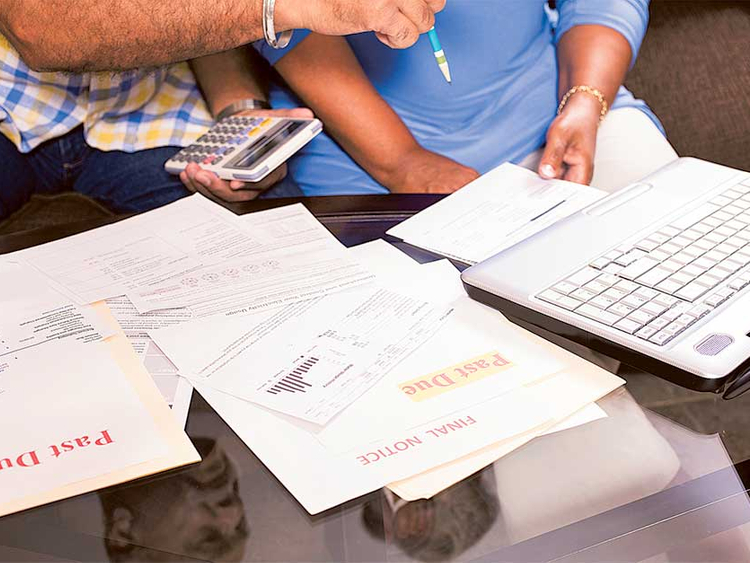Knowing when you’re falling in financial trouble as soon as possible is critical. When you act quickly and change or reserve course, you can avoid getting knee-deep in debt.
But to do so, you must be honest at the sight of early signs of financial trouble. Denial will only mean that you will continue on the wrong path for longer than needed. Taking random steps may work or not, but it could waste precious time. That is why it is important to pause and think about what you need to do if you sense that your money matters are getting out of hand.
Here are a few steps to get you back on the right track.
Know the signs
Are you falling behind on payments? Is your credit card debt increasing? Do you feel that going pay cheque to pay cheque is harder? All of these are signs that you may be living beyond your means, which is not necessarily your fault. Inflation, if your income does not keep up, could push into this red zone. All you need to do is to tighten your spending, until you’re able to increase your income.
Those signs are typically preceded by more subtle indications. For example, you might find you can’t afford some of the luxuries you often had, like travelling or going out. Based on how much common sense you apply to your lifestyle, the results may vary.
Act immediately
If you see that over the next few months you won’t be able to reduce your spending in a way that allows you to pay off your bills and go back to living within your means, take action. You could negotiate with your bank to consolidate your debt and simply your payments without accumulating high interest.
You also can look into what you can cut immediately off your spending to make up for the shortfall. If you’re able at least to catch up with your payments, you can plan ahead and see what lifestyle changes can help stay within your means. In many cases, this strategy can’t be successful in the long run unless you commit to it.
Get help
If you are not sure what is going wrong with your financials, get help. You can start with enlisting a trustworthy friend or relative to look into your accounts and statements and try to spot problems. If that doesn’t work, it could be helpful to seek the help of a financial adviser. The investment early on in professional help can be worthwhile because you will be able to correct your ways and fix your financial problems before they spiral out of control.
Many employers offer employee assistance programs that could help you get in touch with a financial adviser, even with some paid services. So consider getting as much help as early as possible. Alternatively, you can check with your bank and see if you can get some insights. If you do so, consider getting some independent views as well.
Do the math
Budgeting is an ongoing effort. If you have been running on a budget that is dated, you may be unable to know where you stand financially. Make sure you redo your budget. This exercise may help you spot problems quickly.
You also will be able to review closely how much you’re falling behind. It could be a reassuring exercise because you find out you’re not in as much trouble as you initially thought. Or you realise that you’re in much bigger debt and you need to act quickly to stop the increasing debt. Doing your homework and recalculating your expenses also prepares you for any discussions you might have with debtors, bank reps or financial advisers.
The writer, a former Gulf News Business Features Editor, is a Seattle-based editor.
Spot money troubles early
Know when you are getting in debt
Act immediately to contain problems
Find help from friends or professionals
Review your financials and budget
— R.O.








